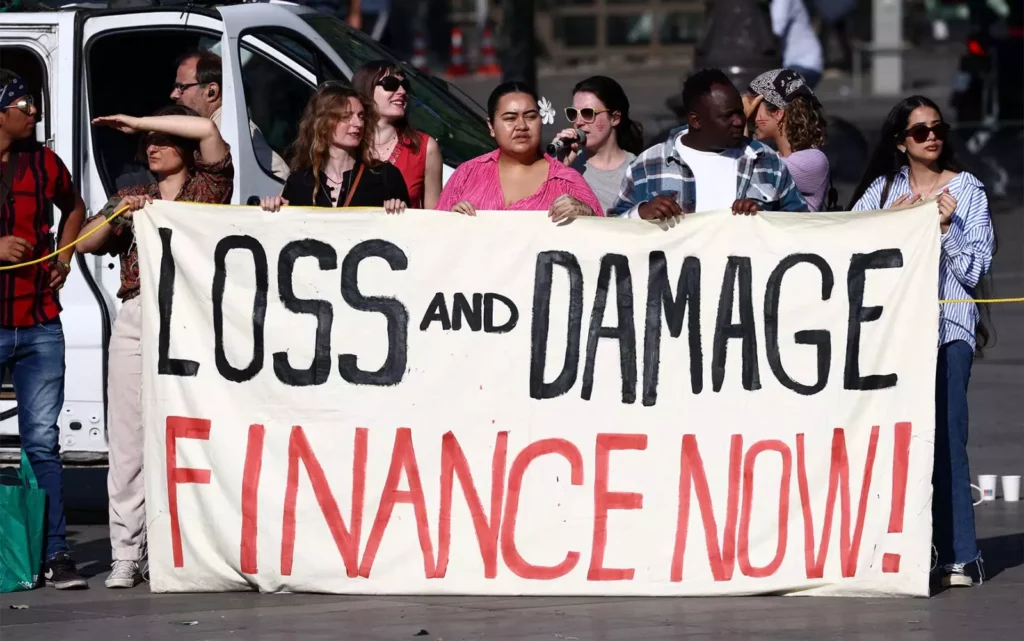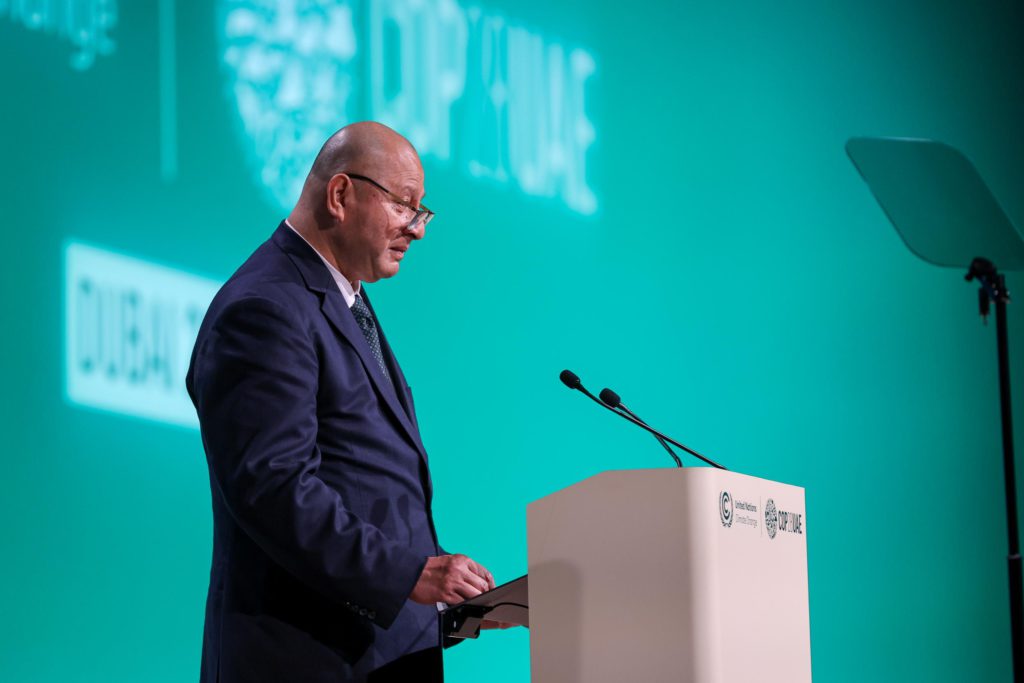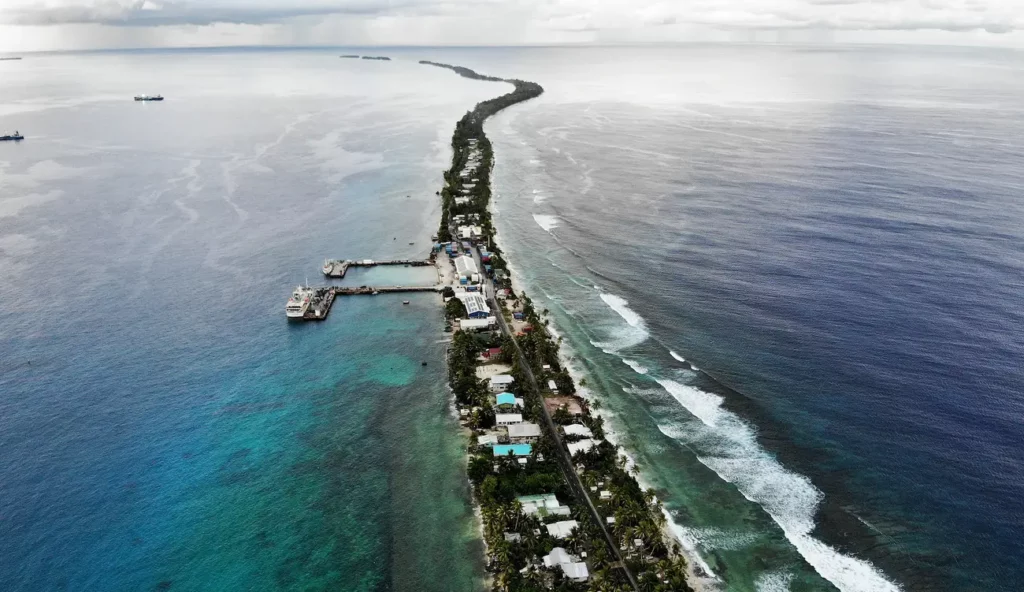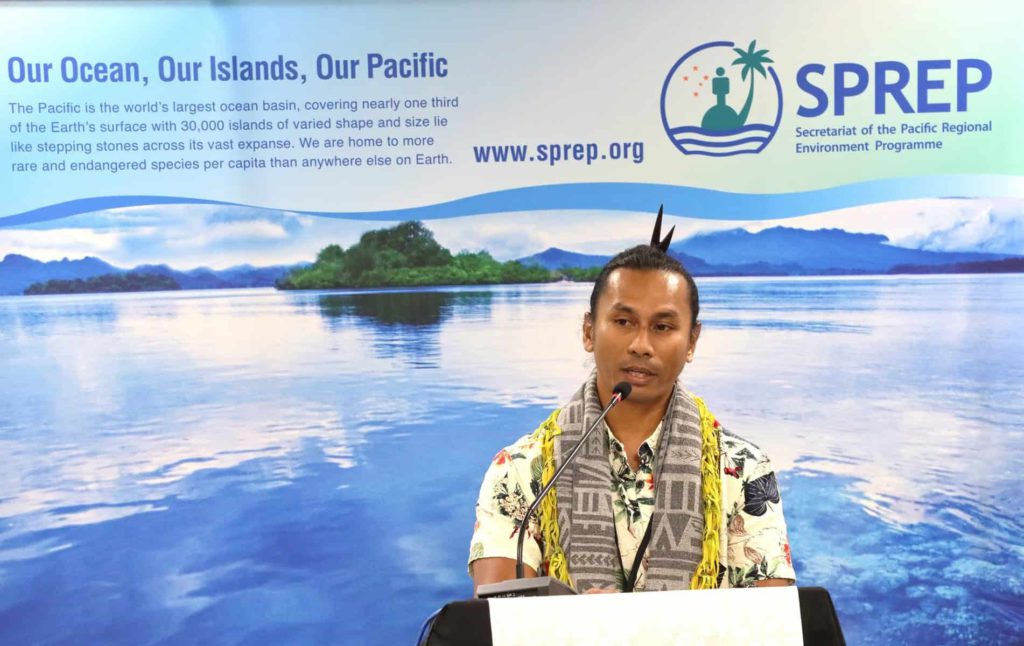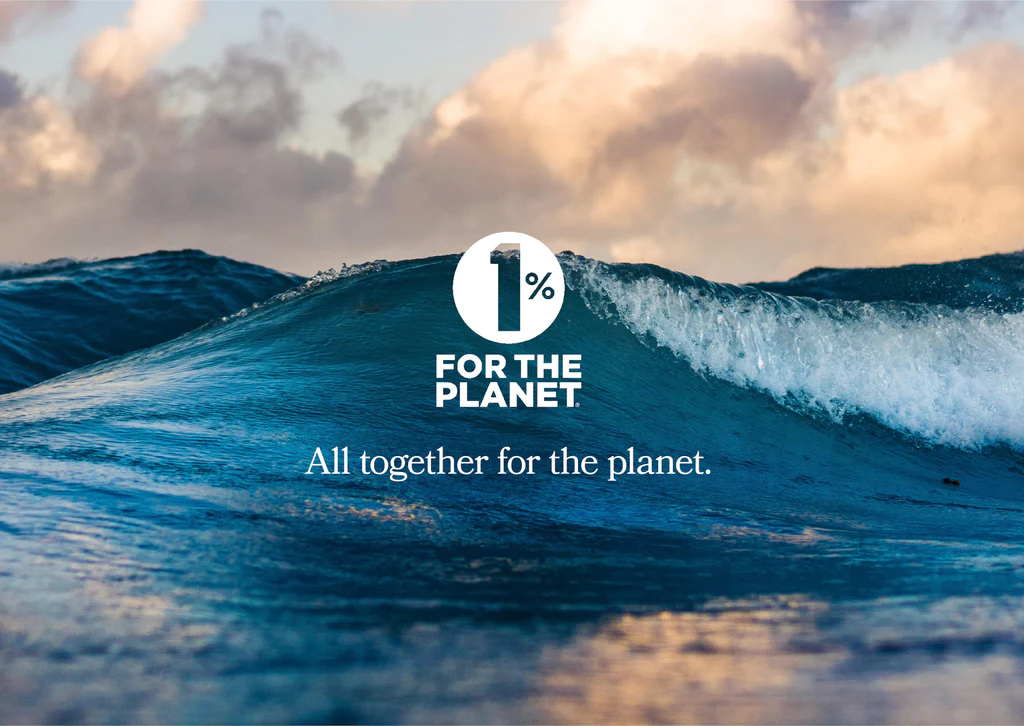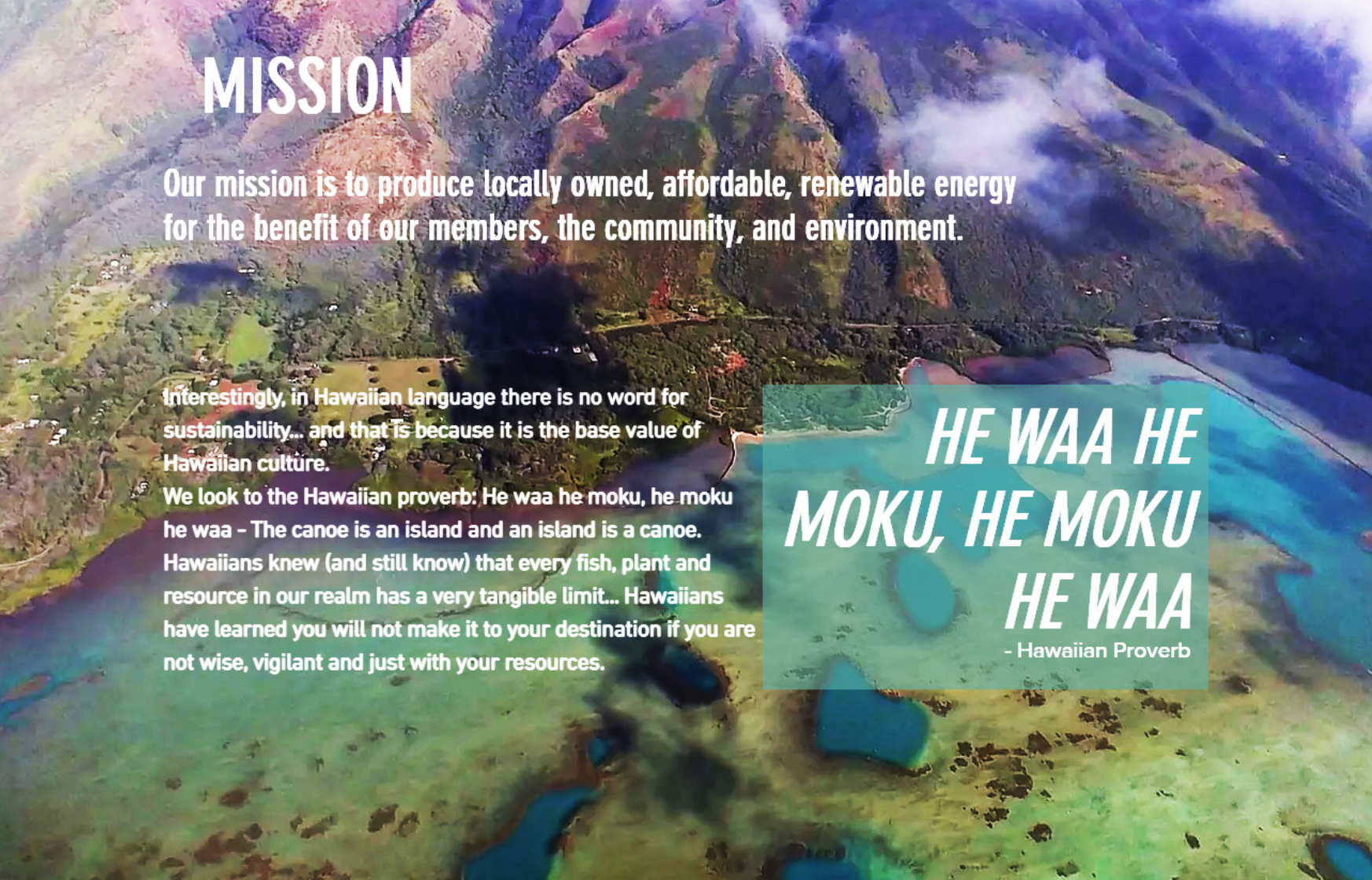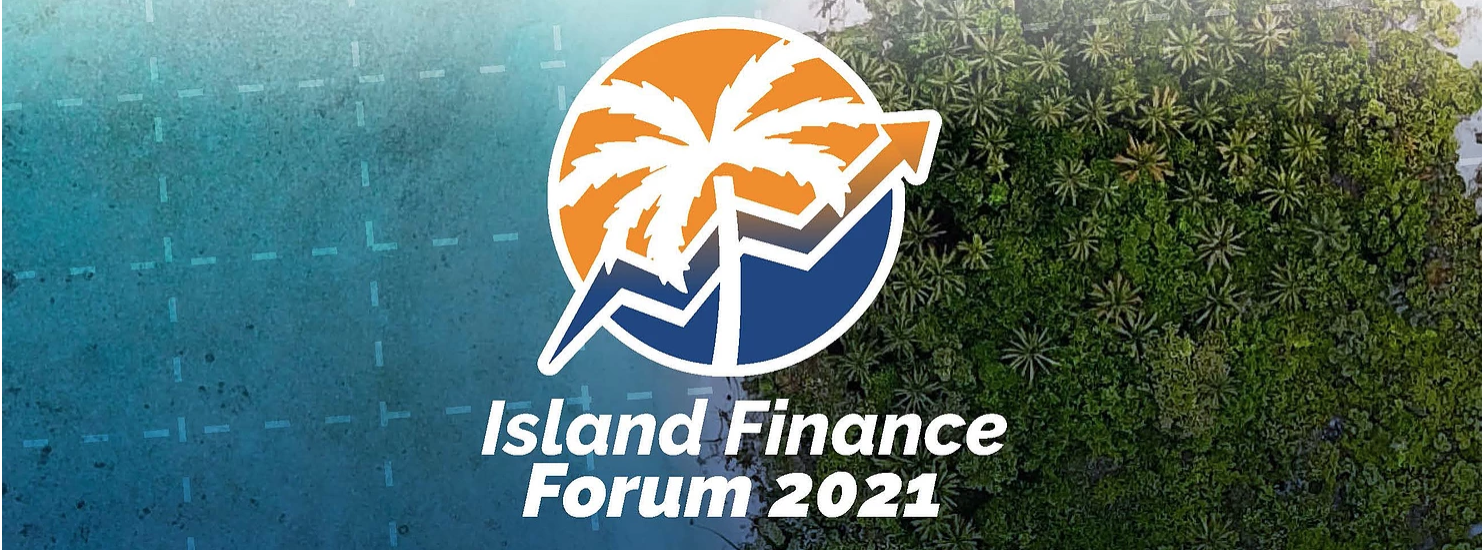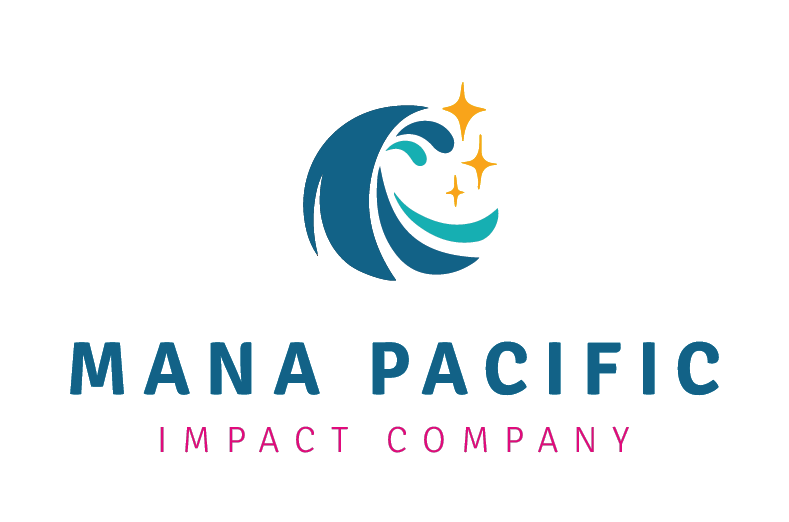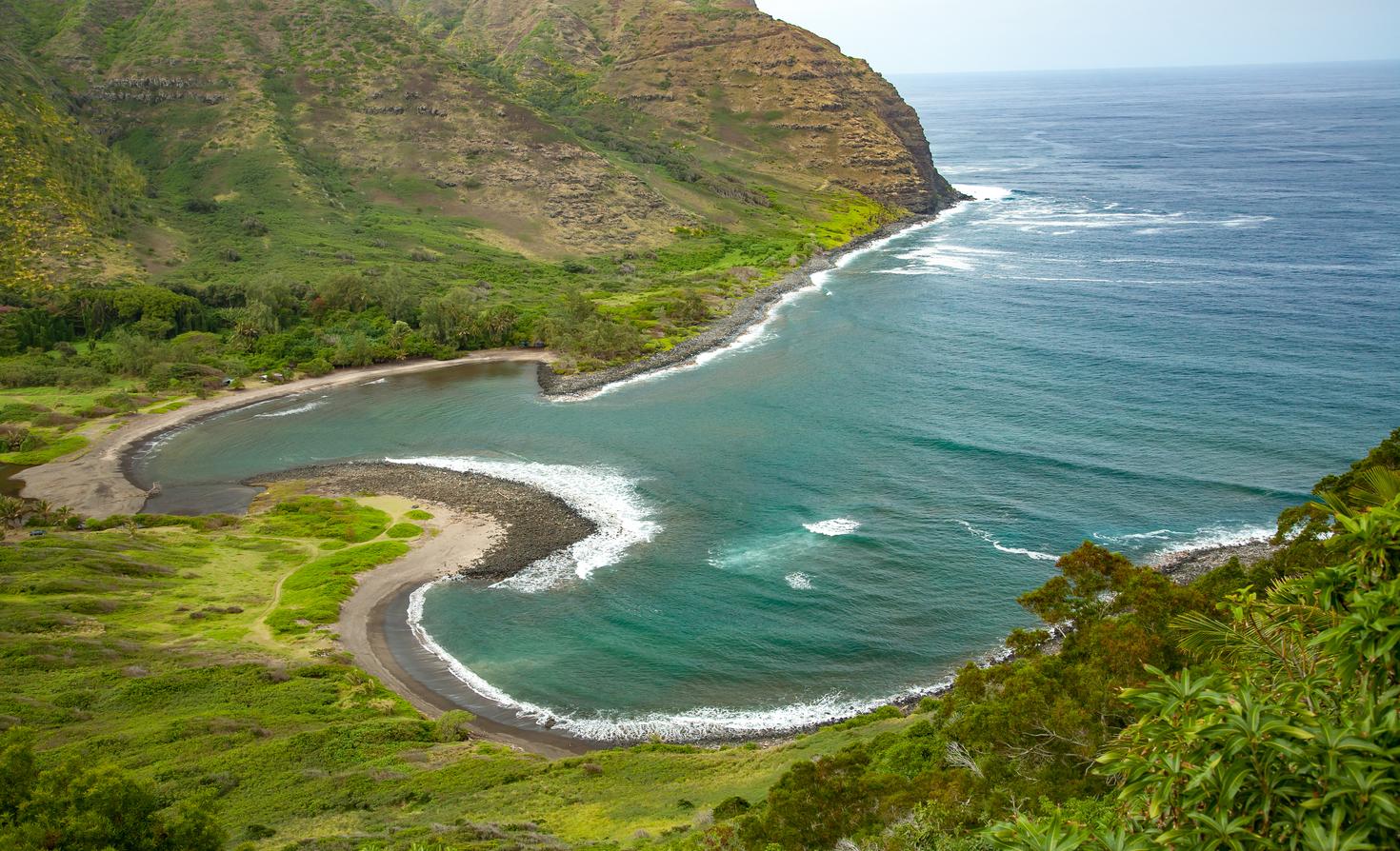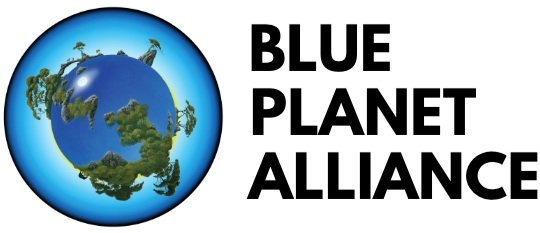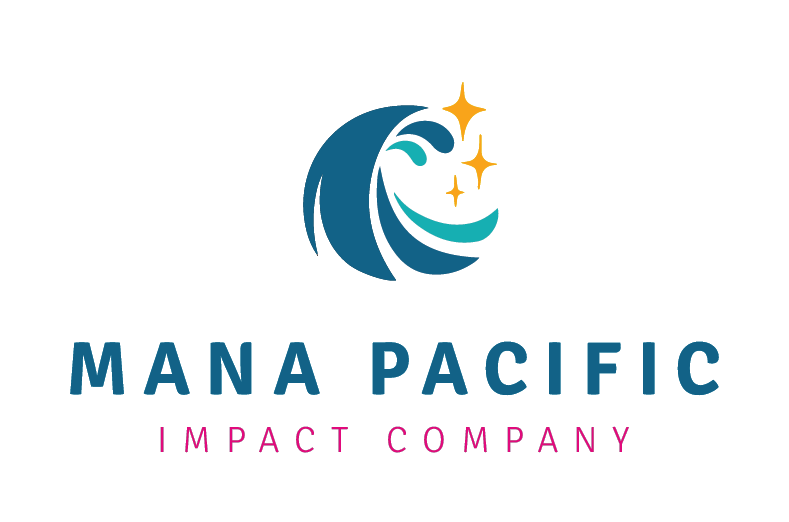Representing vulnerable nations on the frontlines of climate change, Pacific leaders assembled at the 28th Conference of the Parties to the UN Framework Convention on Climate Change (COP 28) to voice urgent calls for accelerated action. However, they are not satisfied with the outcomes of COP28.
With COP28 being held in the UAE, one of the world’s top ten oil-producing countries, tensions emerged around phasing out fossil fuels. Sultan al-Jaber, the COP 28 President, argued that he was uniquely placed to push for action from the oil and gas industry as CEO of Abu Dhabi National Oil Company and as the Chairman of renewable energy firm Masdar (BBC). Nevertheless, the final COP28 deal failed to secure clear commitments from nations to phase out all fossil fuels and instead included vague language about phasing them “down” (Reuters). Concerns linger regarding such potential loopholes that might permit ongoing fossil fuel use.
Despite these reservations, the Loss and Damage Fund that was initiated during COP27 was officially set in motion during COP28, garnering $700 million in pledges from developed countries (UNFCCC). However, while this fund aims to assist vulnerable nations in coping with the impacts of climate change, the absence of clearly defined expectations for the utilization of these funds has raised concerns among developing nations (CNBC).
In addition, it was announced that high-income countries, which directly correlates with those who contribute the most to climate change, are no longer solely responsible for financing the the fund. Among other developments, this showcases the increased concessions developing countries have made in the design of the Loss and Damage Fund.
Some of the loudest voices concerned about the integrity of the Loss and Damage Fund and the vague language of phasing down fossil fuels belong to the Pacific region. Representing nations on the frontline of climate impacts, leaders and representatives from the Pacific Small Island Developing States (PSIDS) congregated and called for urgent and ambitious climate action (Pacific Delegation Office).
Powerful speeches at COP28 by King Tupou VI of the Kingdom of Tonga and Palau’s climate envoy, Xavier Matsutaro, criticized inadequate targets and funding provided by previous COPs and developed nations. They both pressed the countries with the greatest historical responsibility for our world’s emissions to take responsibility and bolder action.
In addition to the formal UN negotiations, additional plans and pledges emerged from COP28. This includes the Blue Pacific Prosperity Plan introduced by the Prime Minister of the Kingdom of Tonga, Siaosi Sovaleni. The plan is a commitment to safeguard 30% of participating countries’ waters and exclusive economic zones (EEZs) by the year 2030, representing a surface area in the Pacific Ocean larger than the moon (EU Today). An EEZ is a maritime zone that extends up to 200 nautical miles from a country’s coastline. Within this zone, a country has exclusive rights to explore, exploit, and manage both living and non-living resources, including fisheries, oil, and minerals (NOAA).
The commitment to protect 30% of the countries’ EEZs signifies a dedicated effort to conserve marine biodiversity, ensure sustainable fisheries management, and mitigate the impact of climate change on these vital ecosystems. It also aims to balance economic development with environmental stewardship, contributing to the long-term well-being of the Pacific Small Island Developing States. Representatives from Tonga, Fiji, Niue, Vanuatu, Palau, Tuvalu, as well as from the UK and the United States were in attendance during the launch. The Bezos Earth Fund is funding this initiative with a contribution of $100 million, which will help kick-start the plan to attract additional investments into local projects focused on climate resilience and economic development (RNZ)
Given the observed shortcomings in COP28 and previous COPs in delivering transformative outcomes, frustration has escalated among PICTs. Pacific leadership continues to seek avenues beyond these UN summits to drive change. Some of these avenues include engaging in international alliances like the High Ambition Coalition, diplomatic efforts such as the East Asia Summit, championing local solutions like the Micronesian Center for Sustainable Transport, and partnering with active private sector partners in the region like Mana Pacific to accelerate and deliver renewable energy solutions. With or without COP, the leadership and communities in the Pacific are pushing for and demonstrating steadfast commitment to climate action and the renewable energy transition (United States Institute of Peace).
At COP28, the Pacific narrative was not merely about advocacy; it embodied resilience, innovation, and a call for concrete action. The stakes could not be higher for low-lying nations facing extinction from rising seas. COP28 was supposed to be a lifeline but instead underscored the vital need for climate justice. If global summits continue to fall short, the world’s battle against climate change will increasingly rely on localized action, with vulnerable developing countries leading the way. With adversity comes innovation, and the Pacific region has proven itself in exploring new paths to a sustainable future.
By: Madalyn Tolbert, Government Affairs and Renewable Energy Intern at Mana Pacific

